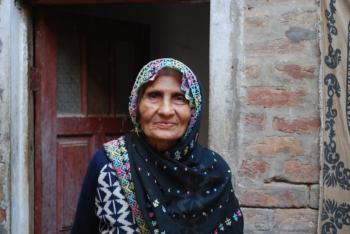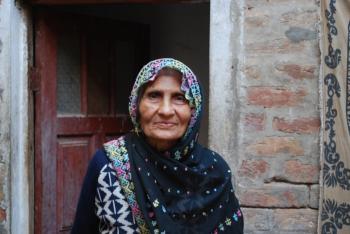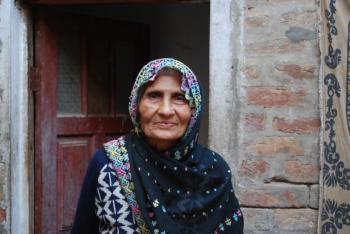ISLAMABAD—The women of Pakistan are very diverse, from the clothes they wear, to the kind of home they live in—mud, marble, or brick—to their level of education. Many are in the midst of navigating their way through a transition in roles; from exclusively wife and mother to persons able to work and contribute more broadly to society.
Currently 45–50 percent of females in Pakistan are literate, compared to 70 percent of males. While more opportunities exist now for girls in Pakistan than a generation ago, it is still very hard for the average woman to make her life alone without a husband.
The following are snapshots from the lives of three Pakistani women who live in and around cities in Punjab Province. Their stories show the strengths and fears of Pakistani women, and the pressures they face.
Currently 45–50 percent of females in Pakistan are literate, compared to 70 percent of males. While more opportunities exist now for girls in Pakistan than a generation ago, it is still very hard for the average woman to make her life alone without a husband.
The following are snapshots from the lives of three Pakistani women who live in and around cities in Punjab Province. Their stories show the strengths and fears of Pakistani women, and the pressures they face.







